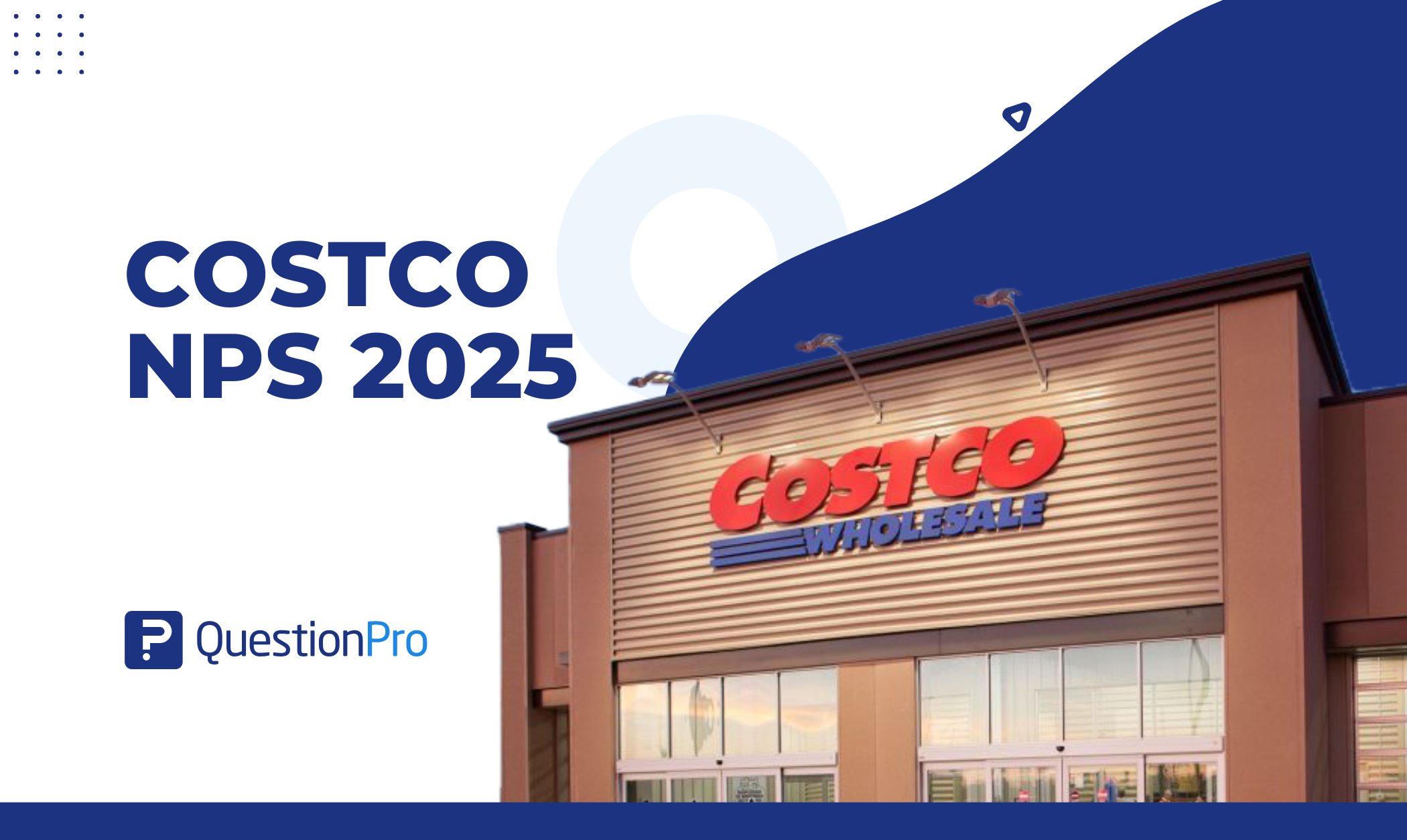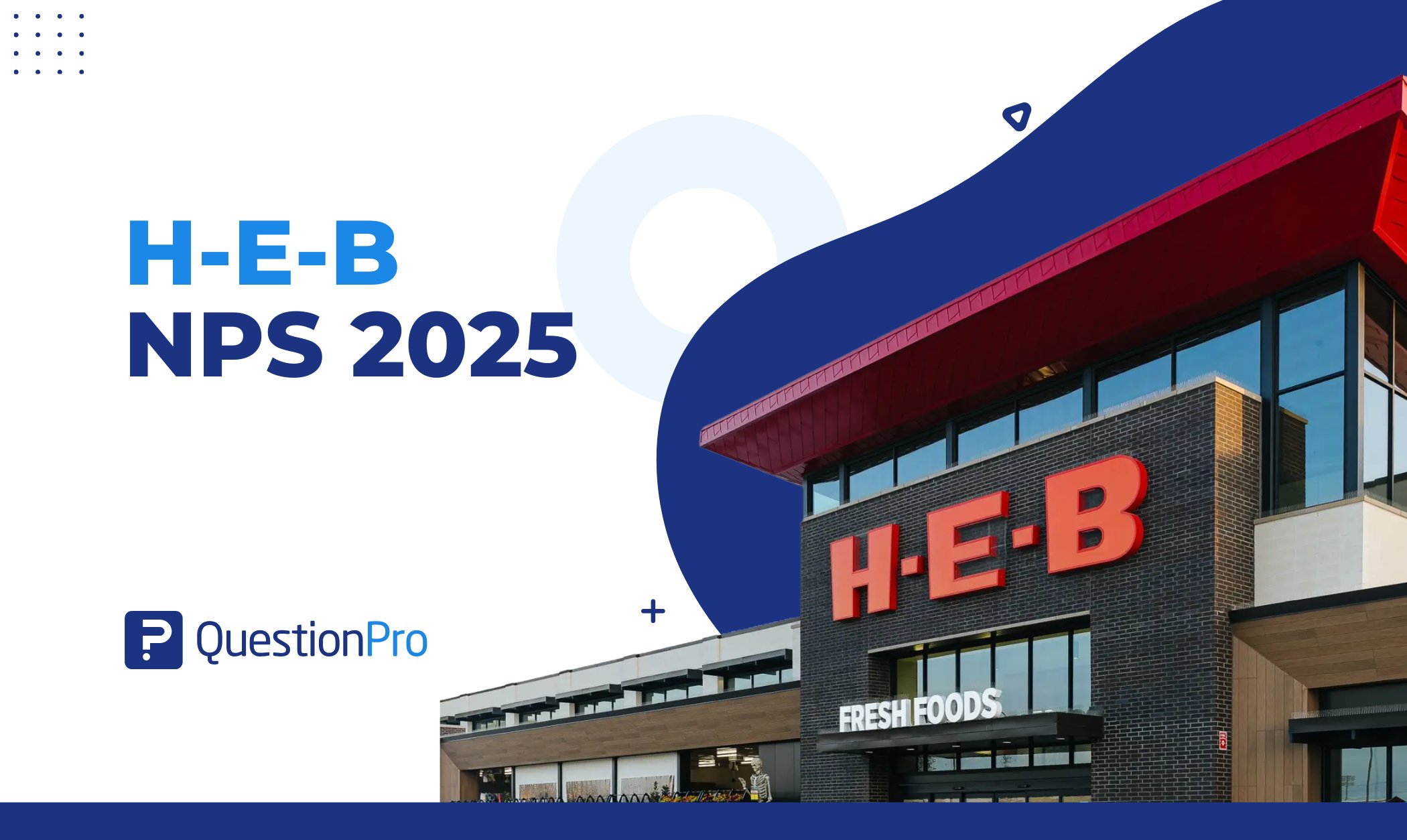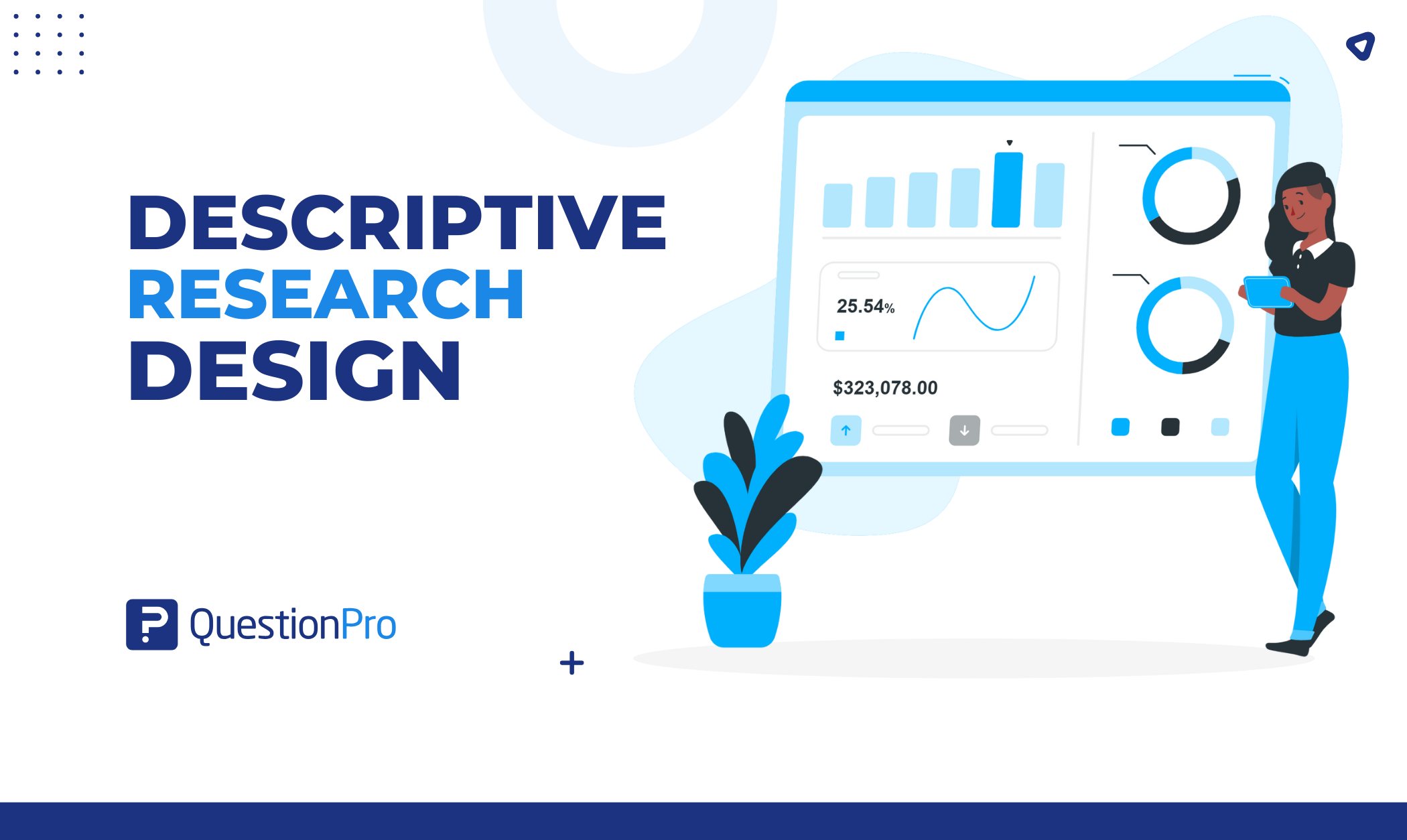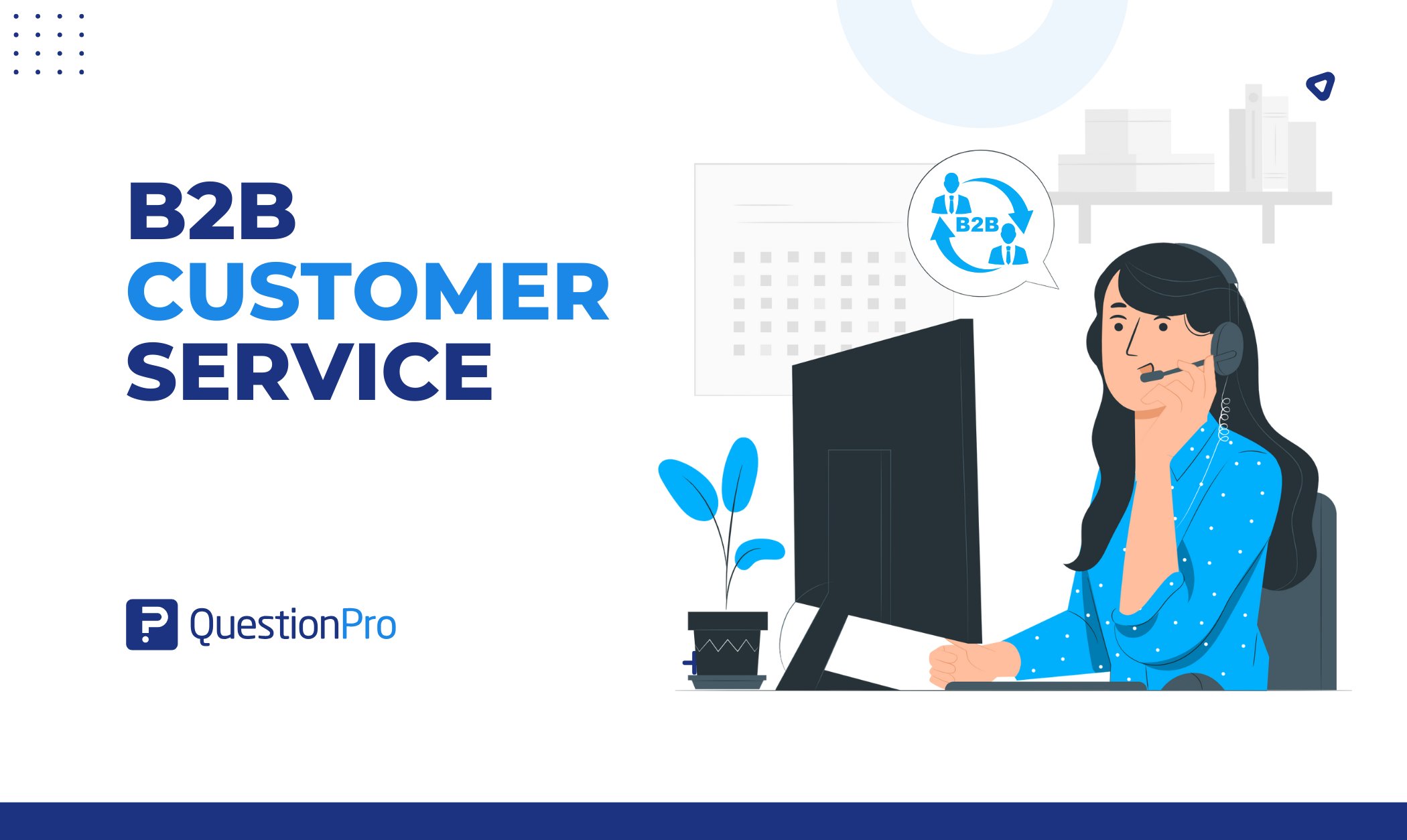
Exceptional customer service isn’t just about responding to complaints; it’s about building lasting relationships that boost success. In the business-to-business sector, outstanding B2B customer service has become more important. So, why is that?
Because the relationships among customers and businesses are deeper, the stakes are higher, and the expectations vary. Whether you’re dealing with complex products, long-term contracts, or unique client needs, providing exceptional service can set your business apart from the competition. But what does B2B customer service actually look like, and how can you implement strategies that deliver results?
In this blog, we’ll explain what B2B customer service is, share key strategies for improving it, and provide real-world examples of companies that are getting it right.
What Is B2B Customer Service?
B2B customer service refers to the support and assistance one business provides to another. Instead of helping individual consumers, this customer service focuses on building strong, long-term relationships between companies.
Business-to-business needs and challenges are complex due to larger transactions, custom requirements, and long-term partnerships. So, B2B customer service ensures clients receive the necessary products, services, or support for smooth operations. This might include assisting with technical support, providing training, or delivering personalized services that make a real difference assistance.
Excellent B2B customer service isn’t just about answering questions or fixing issues- it’s all about truly understanding the unique needs of each business client. It involves offering customized solutions that align with their goals and nurturing a strong relationship over time.
Why is B2B customer service important?
When one company depends on another for products or services, excellent customer service ensures everything operates smoothly.
- Builds Long-Term Relationships
In the B2B world, companies don’t just make one-time purchases; they form ongoing partnerships. When a business receives excellent support, it’s more likely to stick around for years, leading to loyalty for years and consistent revenue and growth.
- Reduces Customer Churn
Losing a business client can be expensive. Fast, dependable, personalized service minimizes customer switches to competitors. A strong customer service team helps retain valuable clients.
- Increases Trust and Credibility
Businesses prefer to work with partners they can rely on. When customer service is proactive and responsive, it builds confidence. Clients know they can depend on you, making them more likely to recommend your services to others.
- Helps Solve Complex Issues
B2B transactions often involve customized solutions, large-scale operations, or technical products. Excellent customer service ensures that businesses receive the appropriate assistance, whether troubleshooting a software issue or optimizing a service for greater efficiency.
- Boosts Revenue and Growth
Happy clients don’t just stay, they expand. When businesses feel valued and supported, they’re more likely to increase their purchases, sign long-term contracts, or explore additional services you offer.
B2B vs. B2C Customer Service: Key Differences
While B2B and B2C customer service involve assisting customers in solving problems and providing support, significant differences exist in how these models operate. The needs, expectations, and relationship dynamics between businesses and consumers vary greatly.
Understanding these key differences can help businesses customize their approach to customer service depending on their target market.
Here’s a table summarizing the key differences between B2B and B2C customer service:
| Feature | B2B Customer Service | B2C Customer Service |
| Customer Type | Other businesses (companies, organizations) | Individual consumers |
| Sales Cycle & Transaction Volume | Longer sales cycle, complex deals, higher transaction value | Shorter sales cycle, smaller transactions, one-time or repeat purchases |
| Complexity of Issues | More complex issues (technical, operational, custom solutions) | Simpler issues (product inquiries, returns, basic troubleshooting) |
| Relationship & Personalization | Long-term, personalized relationships with dedicated account managers | Transactional, often automated with limited personalization |
| Support Channels | Multiple channels (phone, email, live chat, account managers) | Primarily automated tools, social media, phone support, live chat |
| Customer Expectations | High level of expertise, personalized service, quick resolution | Quick resolution, convenience, easy-to-understand solutions |
| Pricing & Contracts | Negotiated pricing, custom contracts, and service-level agreements | Fixed pricing, simple contracts (e.g., subscription, warranties) |
| Volume of Customers | Fewer high-value clients | The larger volume of customers |
| Customer Lifetime Value | High lifetime value per client, strong focus on retention | Lower lifetime value per individual customer, repeat customers are important |
| Metrics & KPIs | Focus on relationship quality, account retention, and custom solutions | Focus on speed, volume, first response time, and customer satisfaction (CSAT) |
How to Create a B2B Customer Service Strategy?
Building an effective business-to-business customer service strategy is crucial for any company that works with other businesses. A solid customer service strategy helps you keep clients happy, build strong relationships, and ultimately grow your business.
Here’s a simple guide on how to create a B2B customer service strategy that works.
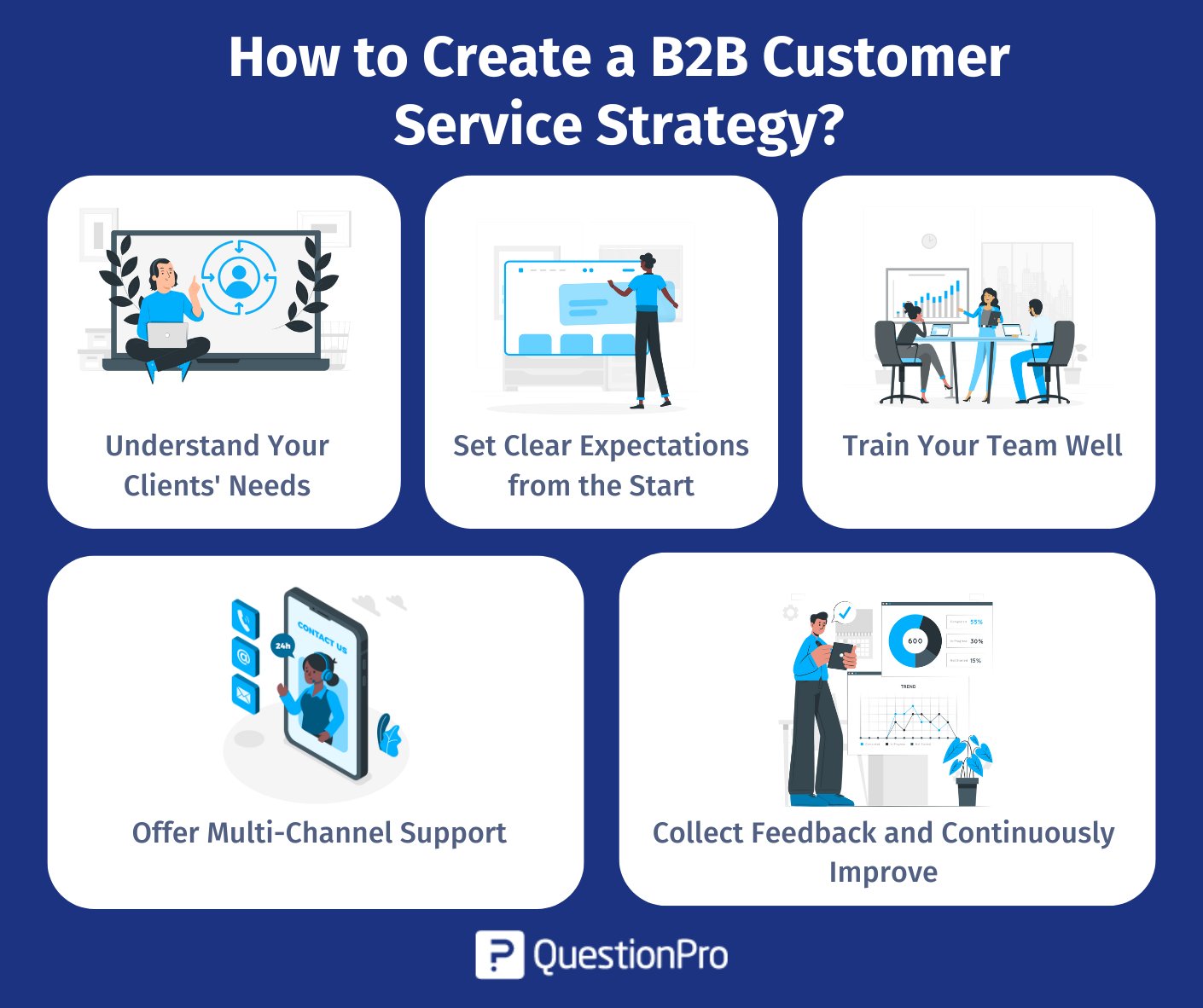
1. Understand Your Clients’ Needs
The first step in creating a successful B2B customer service strategy is understanding your clients and their unique needs. Your business clients will likely have different requirements than individual consumers. They might be dealing with more complex problems, needing customized solutions, or requiring specific service offerings to support their business operations.
Start by asking yourself:
- What challenges are your clients facing that your product or service can solve?
- Are there recurring issues or concerns that need special attention?
- What goals do your clients have that your services can help achieve?
By truly understanding your client’s needs, you’ll be able to provide more targeted and effective support. This helps build trust and shows that you’re committed to helping them succeed.
2. Set Clear Expectations from the Start
When you’re working with other businesses, clear communication is key. B2B clients expect transparency about what they can expect from your service, and setting these expectations early can prevent misunderstandings down the road.
Be upfront about things like:
- Response times: How quickly can clients expect to hear from you when they reach out?
- Service-level agreements (SLAs): These outline the level of service you will provide and how long it will take to resolve issues.
- Available support channels: Will clients be able to reach you by phone, email, or live chat? Are there dedicated customer service reps available?
Setting clear expectations from the start builds a strong foundation for your relationship and ensures that both parties know what to expect.
3. Train Your Team Well
A big part of any customer service strategy is having a knowledgeable and well-prepared team. B2B customer service can be complex, so it’s essential to ensure your team is trained to handle a variety of issues, both technical and non-technical.
Here’s how to train your team effectively:
- Product knowledge: Your team should have a deep understanding of your product or service and how it helps solve client problems.
- Problem-solving: Train your team on how to think critically and offer customized solutions to complex problems. In B2B, each client’s situation might be unique, so they should know how to adapt.
- Communication: Since B2B interactions often involve more formal communication, ensure your team is comfortable with professional and clear communication.
When your team is well-equipped with the right knowledge and skills, they can provide the best possible service to your clients.
4. Offer Multi-Channel Support
Clients have different preferences for how they want to contact you. Some might prefer phone calls for more personal communication, while others may prefer using live chat for quick answers. Offering multiple channels for support ensures that you can meet your clients where they are.
Consider providing:
- Phone support: Great for urgent issues or more complex customer inquiries.
- Email: Useful for clients who need detailed information or have less urgent questions.
- Live chat: Allows for real-time, convenient support for quick problems or questions.
- Self-service portals: Some businesses prefer to find answers on their own. Offering a knowledge base or FAQ section on your website allows clients to solve simple issues without having to contact your team.
5. Collect Feedback and Continuously Improve
One of the most effective ways to improve your B2B customer service strategy is by asking your clients for feedback. After every interaction, or periodically through surveys, ask them how satisfied they were with your service.
This feedback gives you valuable insights into what you’re doing well and where you can improve.
Make sure to:
- Follow up: After resolving an issue, check in with the client to make sure they’re satisfied with the solution and to see if there’s anything else you can help with.
- Listen to concerns: If clients express dissatisfaction, take their concerns seriously and adjust your processes.
- Act on feedback: Use the feedback to tweak your strategy, improve your services, and prevent similar issues from arising in the future.
A strategy that’s always improving based on customer feedback will keep your clients happy and help you build stronger, long-term relationships.
B2B Customer Service Best Practices
Delivering excellent B2B customer service is crucial for building strong, long-term client relationships. Here are the top best practices to enhance your B2B service:
- Be Proactive: Regularly check in with clients, offer updates, and anticipate potential issues to prevent problems before they arise.
- Respond Quickly: Ensure fast, efficient responses to client inquiries to avoid delays in their operations.
- Provide Self-Service Options: Offer resources like FAQs, knowledge bases, and tutorials to help clients solve simple issues independently.
- Act on Feedback: Regularly collect client feedback and use it to improve your service and address any concerns.
- Leverage Technology: Use CRM tools and automation to streamline communication and improve service efficiency.
By focusing on these best practices, you can deliver exceptional service, strengthen relationships, and support the growth of your B2B clients.
B2B Customer Service Examples
Business-to-business customer service is essential for maintaining strong, long-lasting business relationships. It’s about creating positive experiences and ensuring clients’ success. Here are real-life examples of outstanding B2B customer service.
- QuestionPro’s Dedicated Customer Support
QuestionPro is a survey and research software provider that offers excellent customer service to B2B clients. They help businesses track client satisfaction, gather feedback, and provide in-depth market research.
Their customer experience software allows businesses to monitor interactions throughout the customer lifecycle, improving every touchpoint from onboarding to support. QuestionPro’s focus on data analysis and customer success tools ensures that companies have the insights needed to address challenges and improve relationships.
- HubSpot’s Onboarding Process
HubSpot is a marketing software company known for its excellent B2B customer service. When a business signs up, HubSpot assigns a dedicated customer service representative who works closely with them to understand their needs.
HubSpot provides personalized training, webinars, and resources to ensure businesses get the most out of their platform. This commitment to onboarding and long-term success helps build trust and customer loyalty.
- Apple Business Support
Apple’s business support line offers dedicated help to companies using their products. They provide technical support, on-site visits, and training for businesses with large teams.
Apple’s personalized attention ensures businesses using Apple devices or software can resolve issues quickly and minimize downtime.
- Slack’s Personalized Support
Slack, the team messaging platform, provides dedicated support for its business clients. Clients receive personalized onboarding and access 24/7 support via chat or email.
Personalized support helps businesses get the most out of the tool, enhancing team collaboration and communication.
How QuestionPro Helps in B2B Customer Service?
QuestionPro is a powerful tool that helps businesses improve their B2B customer service by providing valuable insights and data. It helps companies understand their clients better, track their satisfaction, and ensure their success.
Here’s how QuestionPro plays a crucial role in B2B customer service:
1. Customer Experience Management
With features like custom surveys, vendor satisfaction tracking, and customer journey mapping, businesses can gain valuable insights that allow them to enhance their service and build stronger, more successful partnerships. Here’s how QuestionPro makes a difference in B2B customer experience management:
- Surveys
QuestionPro allows businesses to create custom surveys according to their specific needs. These surveys are essential in gathering feedback from clients and understanding their experience.
- Customer Satisfaction Surveys
These surveys measure customer satisfaction with a company’s products or services. Using QuestionPro’s customizable templates, businesses can gather feedback on aspects like product quality, support, and delivery time.
- Vendor Satisfaction Surveys
QuestionPro allows businesses to create vendor satisfaction surveys to gather feedback from suppliers. This helps ensure that both parties are satisfied with their collaboration and improves the partnership.
- Customer Journey Mapping
QuestionPro helps businesses track each step of the customer journey, from initial interaction to post-purchase. By identifying key touchpoints, businesses can improve the experience at every stage.
- Customer Success
QuestionPro also helps businesses manage customer success. It helps track the health of client relationships, providing insights into whether customers are achieving their desired outcomes with your product or service.
2. Tools and Features
QuestionPro provides excellent tools and features designed to help businesses improve their B2B customer service. Here’s how these tools and features contribute to exceptional B2B customer service:
- Market Research
QuestionPro offers businesses the tools to conduct in-depth market research. By gathering data from clients and prospects, businesses can make informed decisions about their products and services.
- Customer Experience Software
QuestionPro’s customer experience software helps businesses track customer interactions and collect feedback throughout the lifecycle, improving every touchpoint from onboarding to support.
- Data Analysis
One of the most powerful features of QuestionPro is its data analysis capabilities. The platform collects feedback from surveys, customer interactions, and other touchpoints and then analyzes it in real-time. This gives businesses a deep understanding of customer needs, preferences, and pain points, allowing them to make data-driven decisions that improve service and support.
- Customer Success Tools
QuestionPro offers tools specifically designed to track and improve customer success. These tools help businesses stay proactive in managing their relationships with clients. Features like:- NPS (Net Promoter Score) tracking,
- Customer satisfaction monitoring and
- Customer health dashboards ensure that businesses can address issues quickly before they become major problems.
Conclusion
In this blog, we’ve explored the essential aspects of B2B customer service, from its definition to the strategies that can help businesses build lasting, successful relationships with their clients.
Through real-life examples of companies like QuestionPro and HubSpot, we’ve seen how effective customer service strategies can build trust, loyalty, and long-term partnerships.
By implementing the right tools and focusing on customer success, businesses can not only meet but exceed their customers’ expectations, creating a strong foundation for mutual growth and success.
QuestionPro makes b2b customer service easier by offering a complete suite of tools for customer experience management, market research, and data analysis. By using surveys, tracking customer success, and using powerful data-driven insights, businesses can improve their services, maintain strong relationships with clients, and ultimately ensure their success.
Contact QuestionPro for further information!
Frequently Asked Questions (FAQs)
Answer: B2B customer service focuses on maintaining complex, long-term relationships with other businesses, while B2C (business-to-consumer) customer service focuses on individual customers.
Answer: B2B customer service is vital for building trust, retaining clients, and ensuring the success of both businesses in long-term partnerships.
Answer: Key strategies include personalized support, proactive communication, clear expectations, and focusing on customer success and satisfaction.
Answer: Success can be measured through customer satisfaction surveys, Net Promoter Scores (NPS), retention rates, and the long-term health of business relationships.
Answer: Tools like CRM systems, survey software (e.g., QuestionPro), and analytics platforms help businesses manage and improve B2B customer service.




